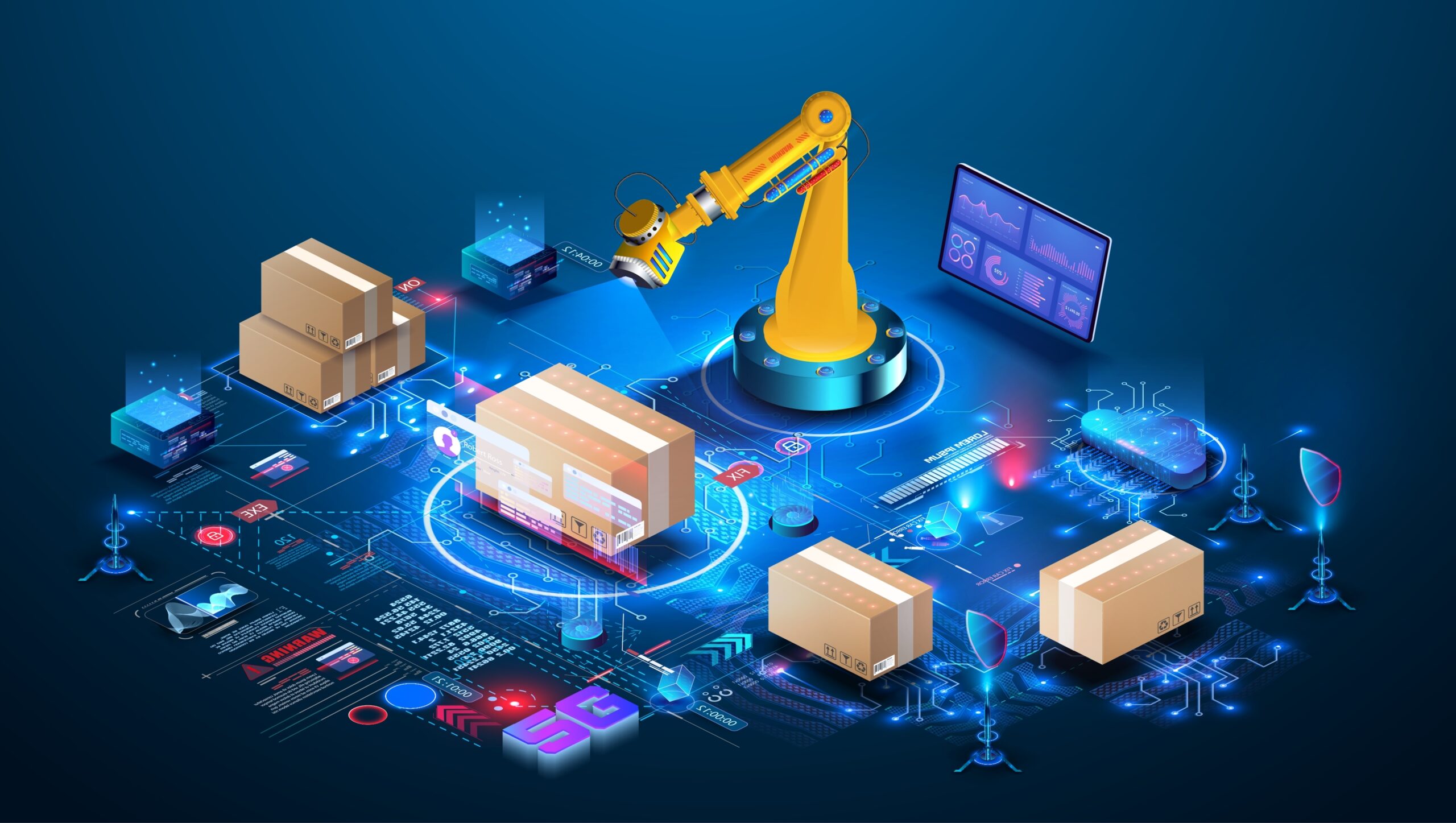The Magic of AI in Supply Chain Management
In today’s fast-paced world, businesses are constantly seeking ways to streamline their operations and improve efficiency. One area that has seen significant advancements in recent years is supply chain management. Traditionally, supply chain management has been a manual and labor-intensive process, but with the advent of artificial intelligence (AI), companies are now able to revolutionize the way they manage their supply chains.
AI has the power to transform supply chain management in ways that were previously unimaginable. By leveraging AI technologies such as machine learning and predictive analytics, companies can now automate and optimize various aspects of their supply chain, resulting in faster, more efficient, and more cost-effective operations.
One of the key benefits of using AI in supply chain management is the ability to forecast demand more accurately. By analyzing historical data, market trends, and other relevant factors, AI algorithms can predict future demand with a high degree of accuracy. This allows companies to better plan their inventory levels, reduce stockouts, and ultimately improve customer satisfaction.
AI can also help companies optimize their logistics operations. By analyzing real-time data and external factors such as weather conditions and traffic patterns, AI can help companies make more informed decisions about transportation routes, modes of transportation, and scheduling. This not only reduces costs but also improves delivery times and enhances overall customer experience.

Image Source: nats.ca
Another way AI is transforming supply chain management is through the use of chatbots and virtual assistants. These AI-powered tools can help automate various supply chain processes, such as order tracking, inventory management, and supplier communications. By leveraging natural language processing and machine learning capabilities, chatbots can provide real-time assistance to customers and suppliers, improving efficiency and reducing the need for manual intervention.
AI is also revolutionizing the way companies manage their relationships with suppliers. By analyzing data on supplier performance, pricing trends, and market conditions, AI can help companies identify opportunities for cost savings, negotiate better contracts, and mitigate risks. This allows companies to build stronger and more strategic relationships with their suppliers, ultimately leading to a more resilient and efficient supply chain.
In addition to these benefits, AI can also help companies mitigate risks and improve supply chain resilience. By analyzing data from various sources, including social media, news outlets, and weather forecasts, AI can help companies identify potential disruptions and take proactive measures to mitigate their impact. This not only minimizes downtime and financial losses but also ensures continuity of operations in the face of unforeseen events.
Overall, the magic of AI in supply chain management lies in its ability to automate and optimize various processes, improve decision-making, and enhance overall efficiency. By leveraging AI technologies, companies can transform their supply chains into agile, responsive, and cost-effective operations that meet the demands of today’s fast-paced business environment. As AI continues to evolve and improve, the possibilities for supply chain management are truly endless.
Say Goodbye to Manual Processes, Hello to AI
In today’s fast-paced world, businesses are constantly looking for ways to streamline their operations and improve efficiency. One area that has seen significant changes in recent years is supply chain management. Traditionally, supply chain management involved a lot of manual processes, from forecasting demand to managing inventory. However, with the advent of artificial intelligence (AI), all of that is starting to change.
AI has the power to transform supply chain management in ways that were previously unimaginable. By using advanced algorithms and machine learning, AI can help businesses automate and optimize various processes, from inventory management to logistics. This not only saves time and reduces the risk of human error, but it also allows businesses to make better, data-driven decisions.
One of the most significant benefits of using AI in supply chain management is the ability to forecast demand more accurately. Traditional methods of demand forecasting often rely on historical data and intuition, which can be unreliable. AI, on the other hand, can analyze vast amounts of data in real-time to predict demand patterns with much greater accuracy. This allows businesses to optimize their inventory levels, reduce stockouts, and improve customer satisfaction.
Another area where AI is making a big impact is in inventory management. Traditionally, businesses had to rely on manual processes to track inventory levels and reorder stock. This not only took up a lot of time and resources but also left room for errors. With AI-powered inventory management systems, businesses can automate the entire process, from monitoring stock levels to placing orders. This not only saves time but also ensures that businesses always have the right amount of stock on hand.
AI is also revolutionizing the way businesses manage their logistics. Traditionally, businesses had to rely on manual processes to plan and optimize their transportation routes. This often led to inefficiencies, such as empty trucks or long delivery times. With AI, businesses can now use advanced algorithms to optimize their logistics operations, reducing costs and improving efficiency. AI can also help businesses track shipments in real-time, allowing for greater visibility and control over the entire supply chain.
Overall, AI is transforming supply chain management in ways that were previously unimaginable. By automating and optimizing various processes, businesses can save time, reduce costs, and improve efficiency. Whether it’s forecasting demand, managing inventory, or optimizing logistics, AI has the power to revolutionize the way businesses operate. So, say goodbye to manual processes and hello to AI – the future of supply chain management.
The Role of AI in Revolutionizing Supply Chain Management